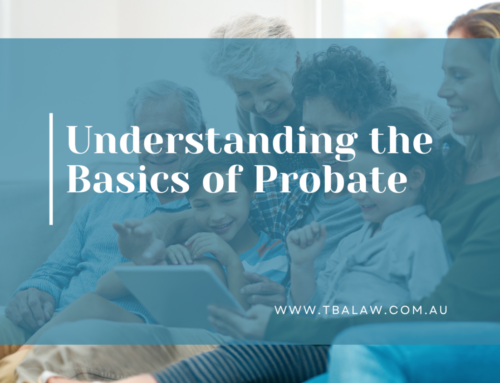Nominating a Beneficiary for your Superannuation
Superannuation is often one of biggest assets, particular when the life insurance component is taken into account.
Yet, the superannuation companies don’t make it clear enough about how to ensure that those funds go to the right people if something happens to us.

A nomination form needs to be completed. A nomination can be either binding or non-binding. There are some circumstances where a non-binding nomination would suffice, but these are few and far between. A binding nomination is preferred.
Yet, most industry funds and retail bunds don’t tell you that the binding nomination expires every three years. So you must sign the binding nomination fund every three years, to ensure that your nomination remains binding on your super fund.
If you don’t have a binding nomination when you die, the super fund will ask for applications to be made by family members. Then the super fund will decide how much and to whom the super gets paid – they are not bound by a non-binding nomination.
The other thing that so many superannuation funds don’t tell us is who we can nominate on our form. There are only limited categories of people who can be paid superannuation directly:
- spouse
- children
- financial dependant.
If someone doesn’t have a spouse or children, they cannot nominate their parents or their siblings – this would be an invalid nomination, and the super fund could make their own decision.
Other than the three categories listed above, the super can be directed into the estate of a person. So anyone who doesn’t have a spouse or children should nominate their ‘legal personal representative’ or ‘estate’. This means that your superannuation will be paid to your executor to distribute in accordance with your Will.





Leave A Comment